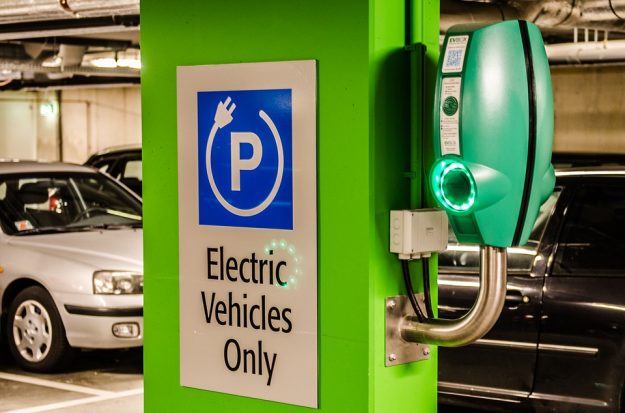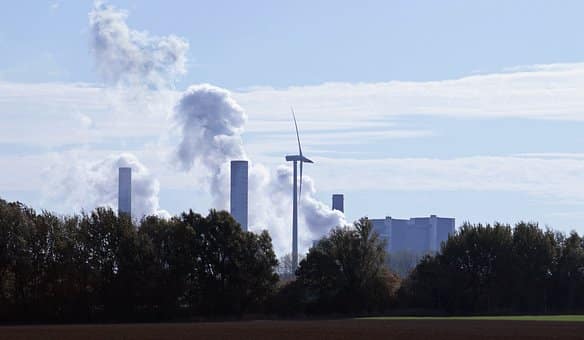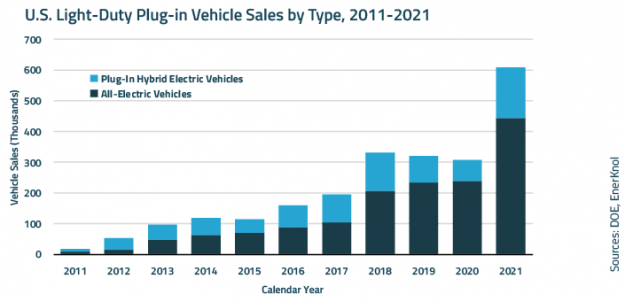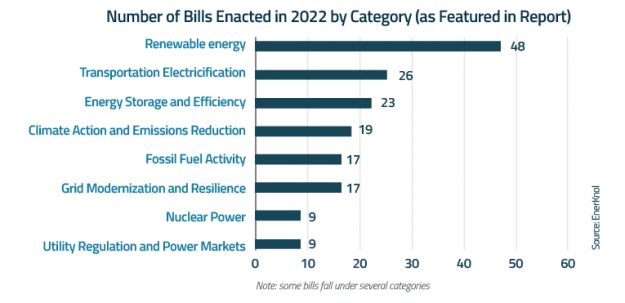California Board Expands Off-Road Zero-Emission Equipment Incentive With $125 Million Funding
The California Air Resources Board on July 18 launched the second round of its Clean Off-Road Equipment Voucher Incentive Project, with $125 million in funding, which is over double the amount earmarked for the project when it was launched in 2020. The voucher-based incentive plan motivates consumers to buy or rent zero-emission off-road equipment by…...





